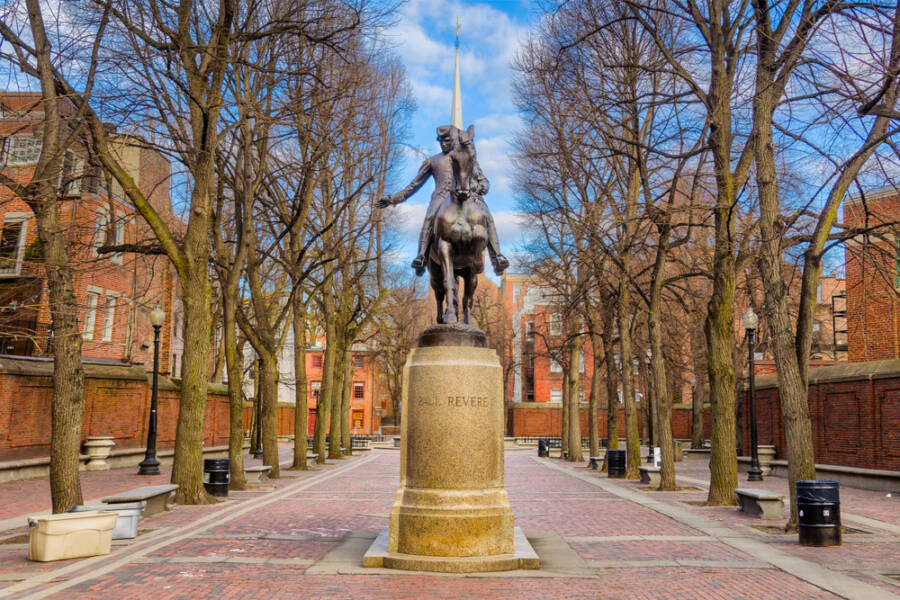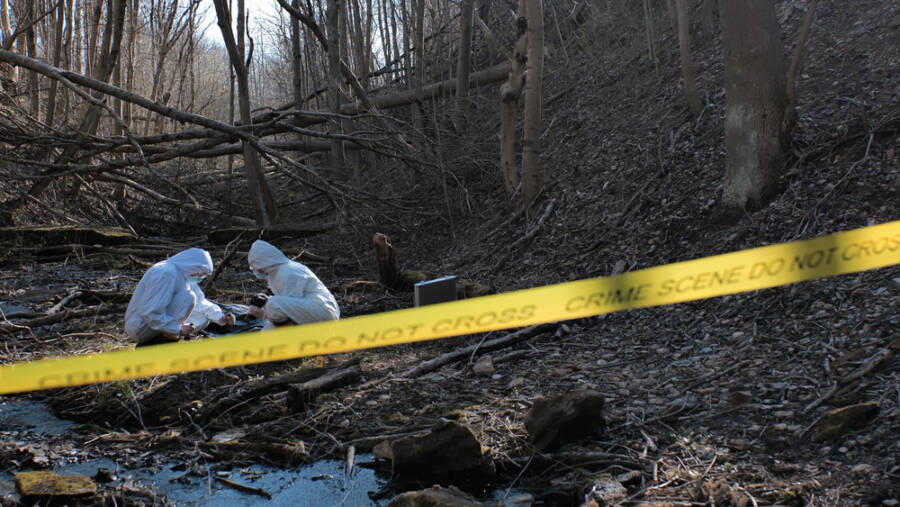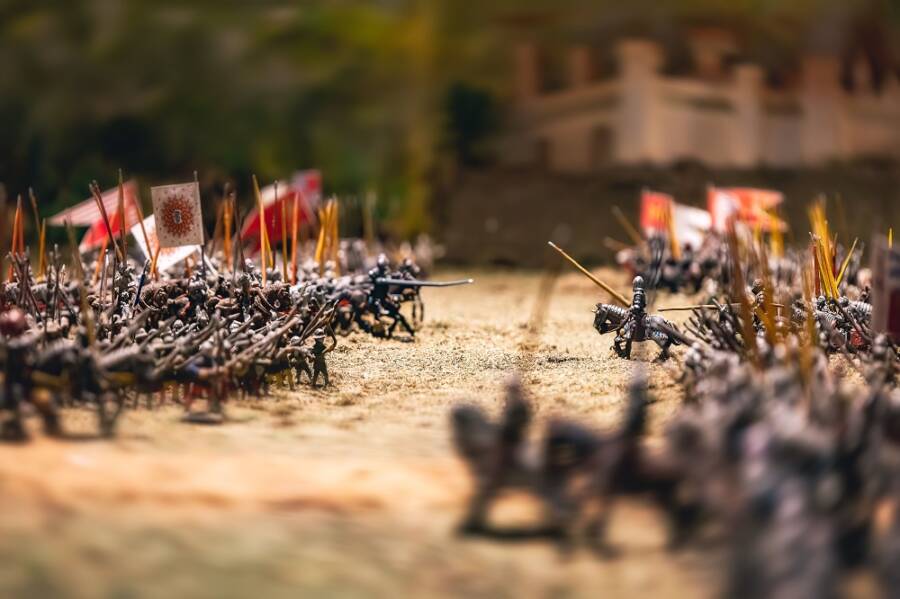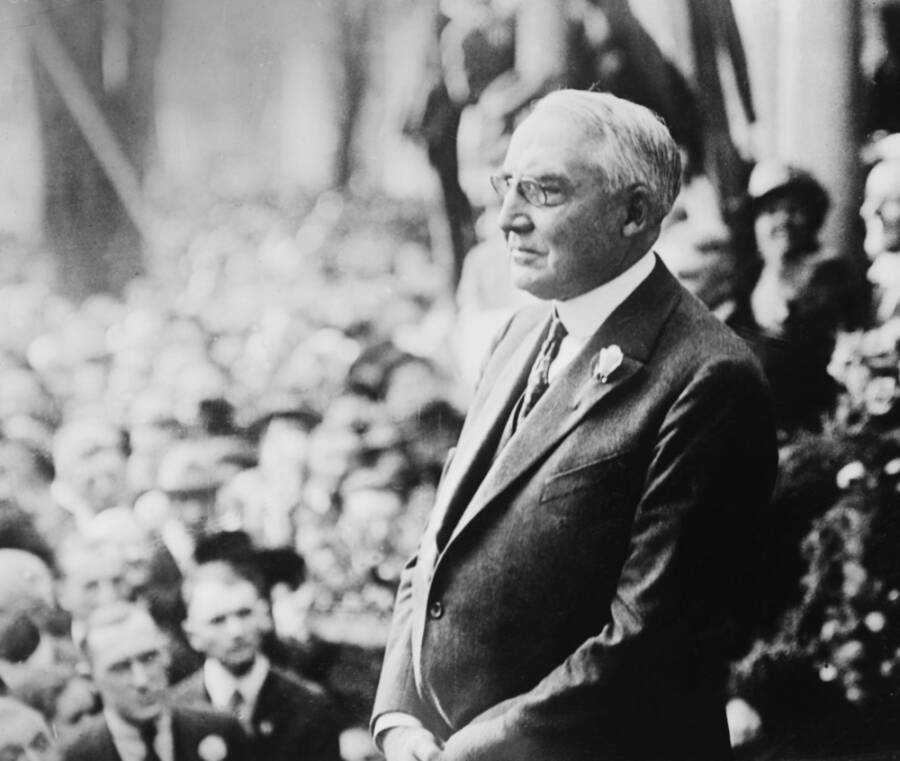
Why the Debate Continues Today
The historical debate over the true nature of the Peaky Blinders might have remained a niche academic discussion were it not for the explosive popularity of the television show. The series has created a powerful, romanticized, and enduring mythology that now dominates public perception. This has created a significant tension between popular culture and historical scholarship, which is the primary reason the debate continues with such vigor today.
The television show’s narrative, while brilliant as drama, is almost entirely a work of fiction. It transplants the *name* “Peaky Blinders” from its historical 1890s context into the post-WWI era of the 1920s. It invents the Shelby family, a charismatic and tightly-knit Romani-Irish clan, and elevates them from street-level thugs into a sophisticated criminal organization involved in illegal bookmaking, smuggling, and political intrigue. This portrayal, featuring well-defined characters, a clear hierarchy, and grand ambitions, aligns with modern conceptions of organized crime, but it bears little resemblance to the historical evidence of late Victorian street gangs. The show’s global reach means that this fictionalized version is, for many, the only version they know. This has made the job of historians attempting to explain the more complex and less glamorous reality significantly more difficult.
The controversy also touches on issues of local identity and the representation of working-class history. For the city of Birmingham, the “Peaky Blinders” phenomenon has become a major cultural export, driving tourism and creating a distinct brand. This can lead to a celebratory, even romantic, view of the city’s violent past, which can be uncomfortable for some. The debate forces a confrontation with the grim reality of the historical gangs, whose activities were not glamorous but were rooted in poverty and victimized other working-class people. The sensitivity lies in how this history is remembered: as a stylish rebellion against an oppressive system, as depicted in the show, or as a brutal and desperate consequence of social deprivation. Is it a history to be proud of or a cautionary tale about poverty and violence?
Finally, the debate persists because the evidence itself is open to interpretation. While revisionists like Carl Chinn have presented a compelling case against the single-gang theory and the razor-blade myth, the term “Peaky Blinders” was used in contemporary sources in ways that suggest a recognized group identity. The historical record is fragmented, consisting of sensationalized newspaper reports and dry police ledgers. There are no gang manifestos or detailed insider accounts. This ambiguity allows different interpretations to coexist, leaving room for a continuous scholarly dialogue about what it truly meant to be a Peaky Blinder in industrial Birmingham.
Academic perspectives can often be found in journals hosted on platforms like JSTOR or through university history departments.





